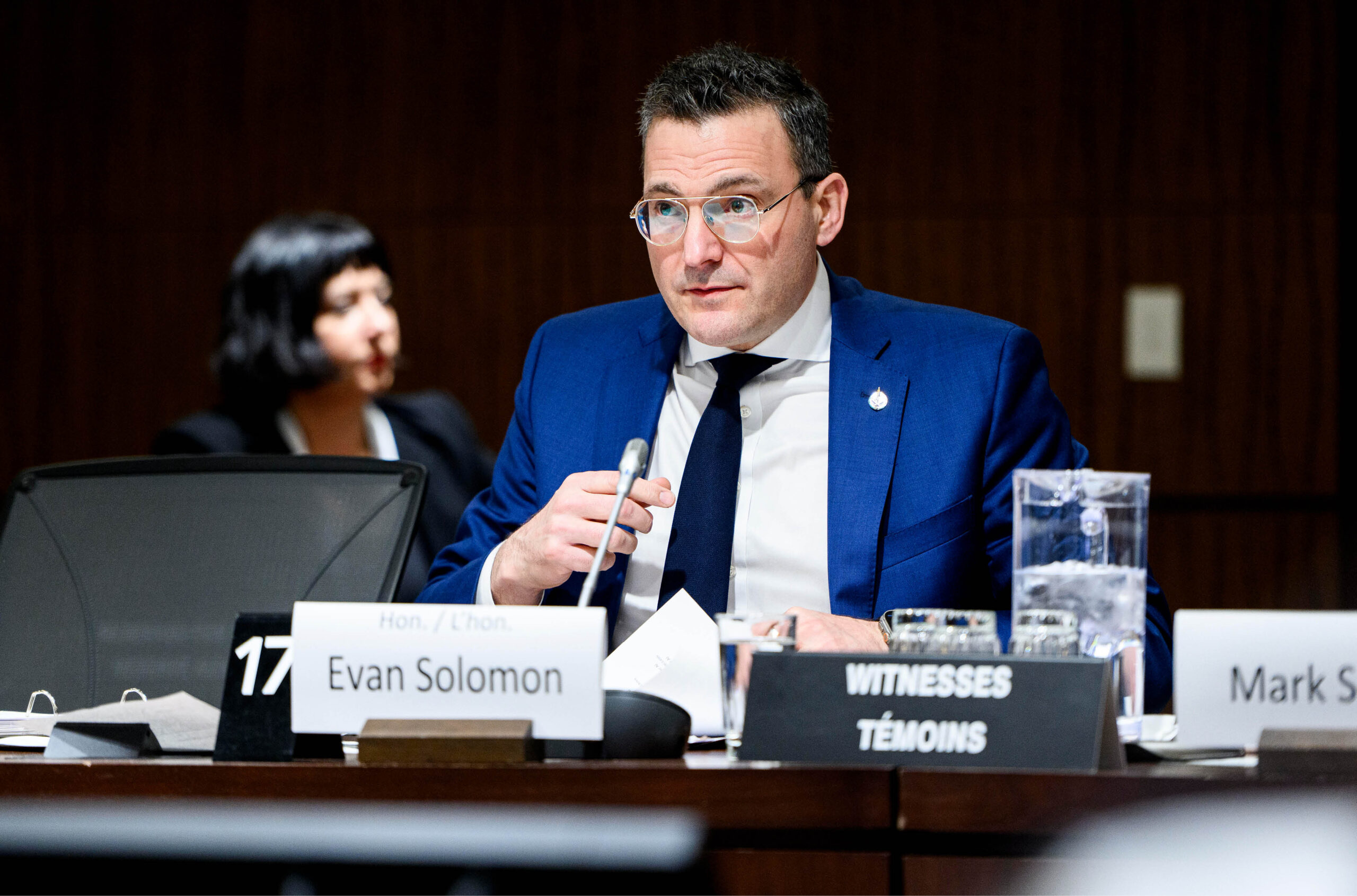UNBC prof developing toolkit to help women feel safe online
‘Digital rights is a very important form of gender equality.’

Retreat is one option for women confronted with online gender-based harassment and abuse.
But keeping quiet is not a strategy Luna K C is willing to accept. Instead, the University of Northern British Columbia professor of global international studies is developing a cyber self-defence toolkit to help women protect themselves while staying active online.
“Digital rights is a very important form of gender equality,” said Dr. K C, who researches armed conflict, peace and security as they relate to women. Since social media and digital platform participation are important tools in career advancement, expecting women and girls to withdraw when they encounter online abuse “would really push them back.”
Funded by a $50,000 grant from the federal department of national defence, which has been working to address gender-based violence within the military, Dr. K C hopes to launch the toolkit in summer 2025. It’s expected to outline risks of gender-based cyberviolence, provide evidence-based solutions, policy recommendations, practical strategies for responding to gender-based cyberviolence and resources for further ideas and support.
“Is it possible to still protect women and girls’ rights without deleting their social media accounts?” said Dr. K C. “That is one of the major questions that I’m asking.”
Featured Jobs
- Medicine - Associate or Full Professor Professor (Kidney Health)Université de Montréal
- Finance - Faculty PositionUniversity of Alberta
- Engineering - Assistant or Associate Professor (Robotics & AI)University of Alberta
- Sociology - Tenure-Track Position (Crime and Community)Brandon University
- Architecture - Assistant Professor (environmental humanities and design)McGill University















Post a comment
University Affairs moderates all comments according to the following guidelines. If approved, comments generally appear within one business day. We may republish particularly insightful remarks in our print edition or elsewhere.